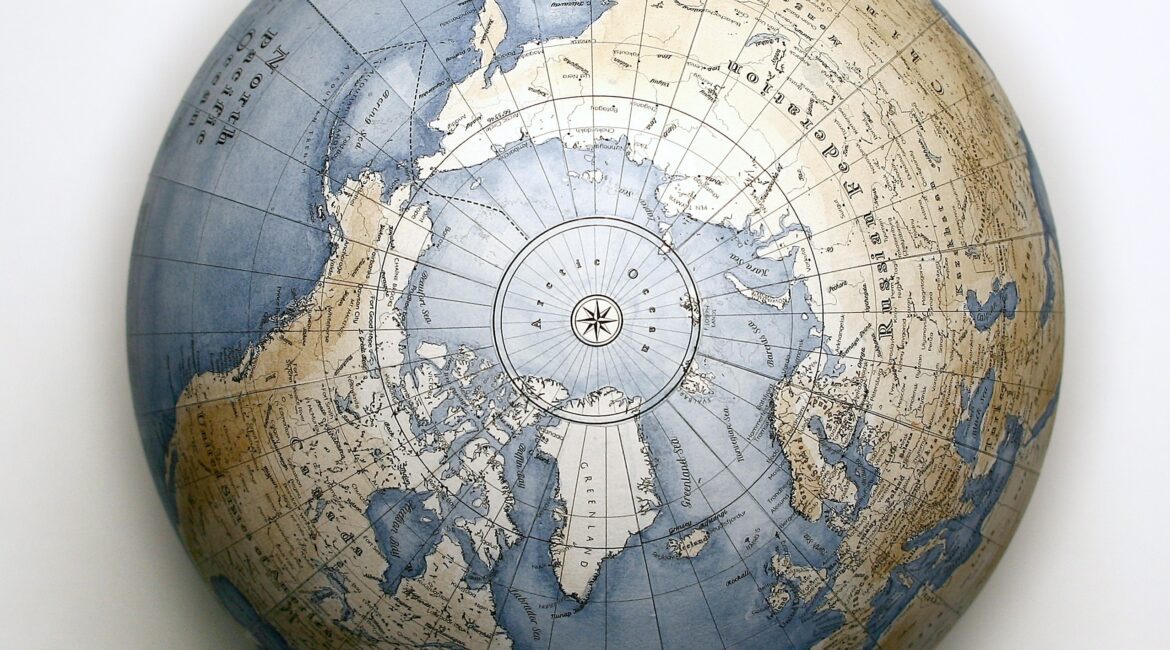At that question, the answer seems to be affirmative, and for many reasons:
This war has already had effects between Moscow and the West, defined here as the United States and its European and Asian allies, Japan and South Korea. First by drawing, perhaps temporarily, a new Iron Curtain between the member states of the European Union or NATO, and Russia and Belarus. Next, by allowing the European Union and NATO to strengthen themselves considerably during this crisis, contrary to what the master of the Kremlin expected.
But for all that, is Russia today a "pariah" state on the international scene, as president Biden asserts? To this question, the answer must be no. Rather, the conflict has brought about new lines of positioning, not all of them very clear.
For Joe Biden, who wants to use this war to defend his vision of a democratic bloc opposed to an authoritarian bloc, the disappointment is obvious. The only democracies that are in line with Washington's position are in fact those that have the same political, societal and economic model, namely the European states and even Canada, Japan and South Korea. And with one notable exception called Israel which, for regional and strategic reasons, does not want to offend Moscow.
The president of the United States also sees great emerging democracies, admittedly imperfect, refusing to condemn the Russian invasion, when they do not put aggressor and attacked on an equal footing in terms of responsibility. This is of course the case of India, which depends heavily on Moscow for its armaments, and cannot argue with Russia, which plays the role of counterweight or mediator in the complex relations that New Delhi maintains with Beijing and Islamabad. We can also mention the Mexico, Brazil, Indonesia and South Africa which are content with cautious neutrality.
All these great emerging democracies therefore join the camp of the countries classified in the authoritarian bloc, at the forefront of which is China, alongside Moscow in this crisis, while calling for respect for the territorial integrity of states, but also Cuba , Venezuela, Syria or Iran.
Many African countries, out of distrust of Washington, out of loyalty to the time when Soviet Russia supported them in their anti-colonial struggle, are on a line close to Moscow. And finally, more surprisingly, some countries in the Middle East such as the United Arab Emirates or even Saudi Arabia - mainly for economic reasons.
And suddenly, Russia at war enjoys the support or lack of condemnation of more than half of the world's population. And that is a bitter remark for the West…

